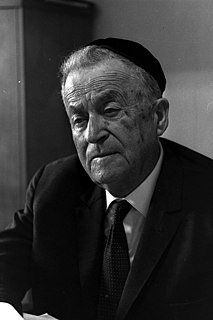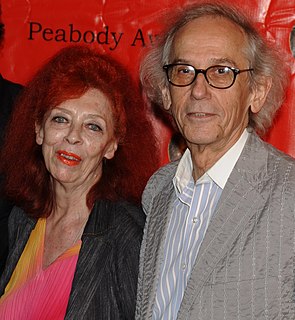A Quote by John Shelby Spong
I spend my life studying that book, and every book I've written has in some sense been a book about the Bible, and that's what I mean by reclaiming its value and its essence for a world that no longer treats it literally and no longer reads it traditionally.
Related Quotes
I'm no longer religious, but the Bible fascinates me. Hardly anyone reads it anymore, but it's got everything: it's a book of poetry, it's a book of principle, it's a book of stories, and of myths and of epic tales, a book of histories and a book of fictions, of riddles, fables, parables and allegories.
For every Book of Job, there's a Book of Leviticus, featuring some of the most boring prose ever written. But if you were stranded on a desert island, what book would better reward long study? And has there ever been a more beautiful distillation of existential philosophy than the Book of Ecclesiastes?
Walden is the only book I own, although there are some others unclaimed on my shelves. Every man, I think, reads one book in his life, and this is mine. It is not the best book I ever encountered, perhaps, but it is for me the handiest, and I keep it about me in much the same way one carries a handkerchief - for relief in moments of defluxion or despair.
Before I wrote The Power of Now, I had a vision that I had already written the book and that it was affecting the world. I had a sense there was already a book somehow in existence. I drew a circle on a piece of paper and it said "book." Then I wrote something about the effect the book had on the world, how it influenced my life and other people's lives, and how it came to be translated into many languages affecting hundreds of thousands of people.
Looking back over the years, I realize the Bible isn't magic, but it is corrective; it isn't an answer book, it is a living book; it isn't a fix-it book, it is relationship book. When I confront God's word, I am confronted; when I read God's word, it reads me; when I seek God's presence, He seeks me.
The challenge is always to find the good place to end the book. The rule I follow with myself is that every book should end where the next book would logically begin. I know that some readers wish that literally all of the threads would be neatly tied off and snipped, but life just doesn't work that way.






































